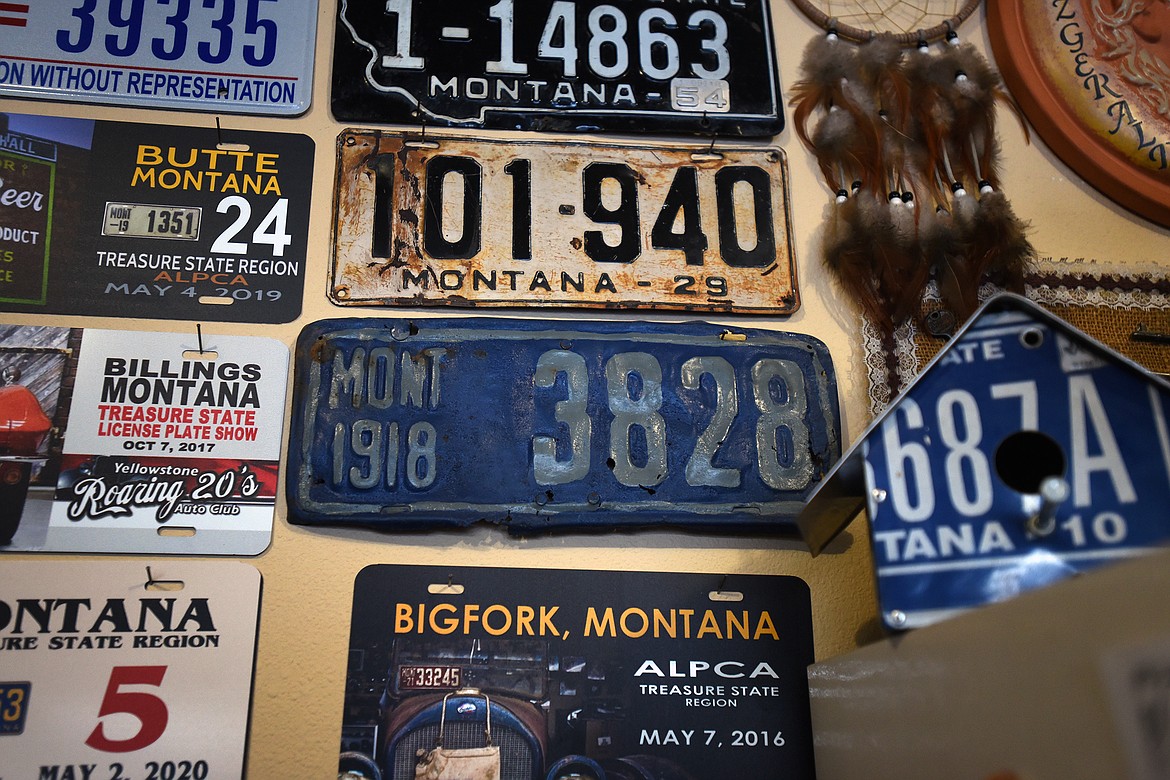Aluminum shortage disrupts license plate printing in Montana
HELENA (AP) — A disruption in the U.S. aluminum supply has put a temporary stop to traditional license plate manufacturing in Montana...
Support Local News
You have read all of your free articles this month. Select a plan below to start your subscription today.
Already a subscriber? Login
Daily Inter Lake - everything
Print delivery, e-edition and unlimited website access
- $26.24 per month
Daily Inter Lake - unlimited website access
- $9.95 per month

